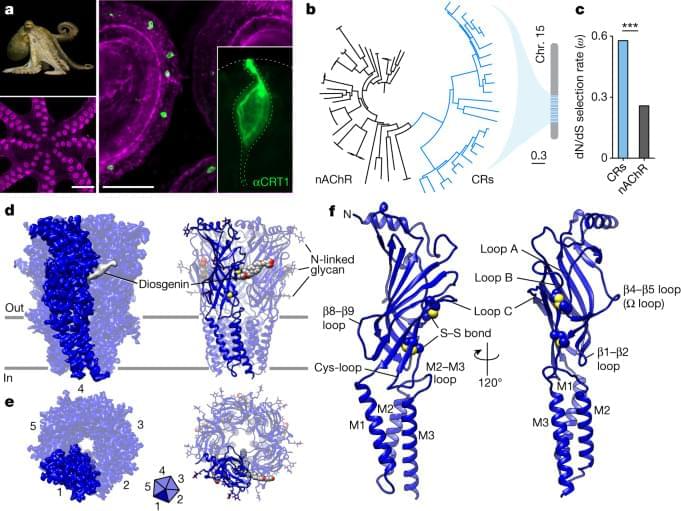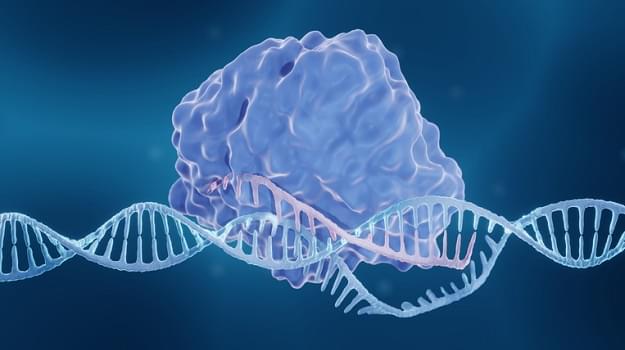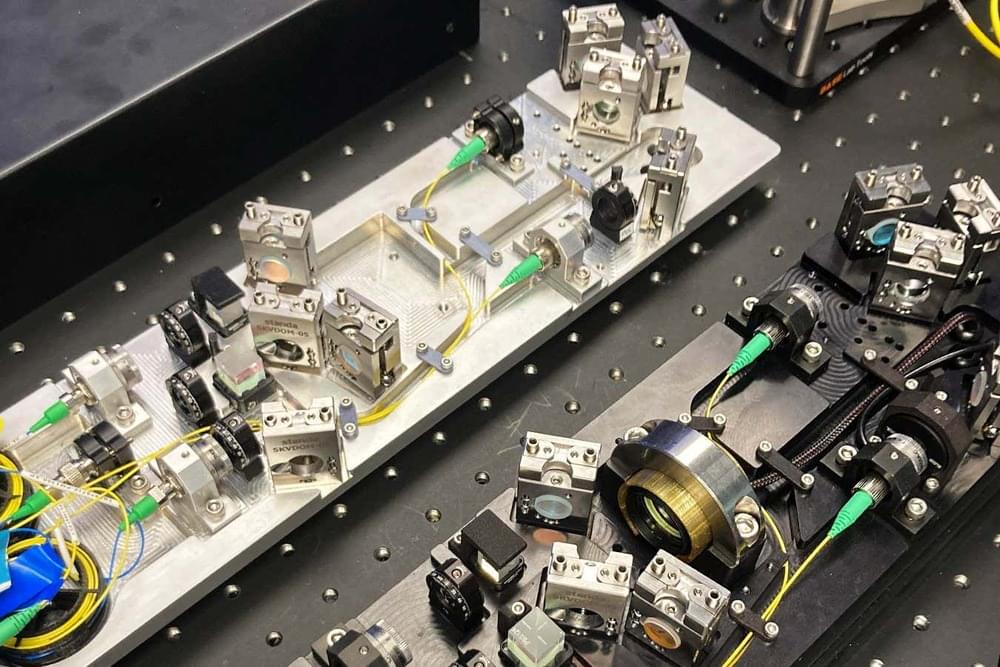Malicious loader programs capable of trojanizing Android applications are being traded on the criminal underground for up to $20,000 as a way to evade Google Play Store defenses.
“The most popular application categories to hide malware and unwanted software include cryptocurrency trackers, financial apps, QR-code scanners, and even dating apps,” Kaspersky said in a new report based on messages posted on online forums between 2019 and 2023.
Dropper apps are the primary means for threat actors looking to sneak malware via the Google Play Store. Such apps often masquerade as seemingly innocuous apps, with malicious updates introduced upon clearing the review process and the applications have amassed a significant user base.






